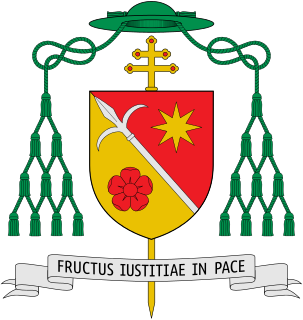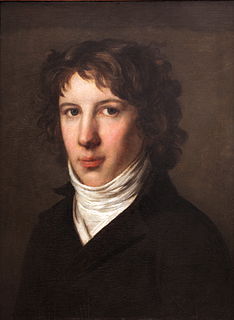A Quote by Noam Chomsky
The principle that human nature, in its psychological aspects, is nothing more than a product of history and given social relations removes all barriers to coercion and manipulation by the powerful.
Related Quotes
Historically, religion has given people another world to live in, a world more adaptive to the human spirit. As a student of world religions, I see religion as the winnower of the wisdom of the human race. Of course, not everything about these religions is wise. Their social patterns, for example - master-slave, caste, and gender relations - have been adopted from the mores of their time. But in their view of the nature of reality, there is nothing in either modernity or postmodernity that rivals them.
Convictions following the admission into evidence of confessions which are involuntary, i.e., the product of coercion, either physical or psychological, cannot stand. This is so not because such confessions are unlikely to be true but because the methods used to extract them offend an underlying principle in the enforcement of our criminal law: that ours is an accusatorial, and not an inquisitorial, system - a system in which the State must establish guilt by evidence independently and freely secured, and may not, by coercion, prove its charges against an accused out of his own mouth.
The social dynamics of human history, even more than that of biological evolution, illustrate the fundamental principle of ecological evolution - that everything depends on everything else. The nine elements that we have described in societal evolution of the three families of phenotypes - the phyla of things, organizations and people, the genetic bases in knowledge operating through energy and materials to produce phenotypes, and the three bonding relations of threat, integration and exchange - all interact on each other.
America’s founding ideal was the principle of individual rights. Nothing more-and nothing less. The rest-everything that America achieved, everything she became, everything 'noble and just,' and heroic, and great, and unprecedented in human history-was the logical consequence of fidelity to that one principle.
There exists a powerful energizing force in the spiritual life principle. All energy began with the Creator, who infused it not only in all natural processes, but also into that higher form of nature called human nature. The more closely, then, that a person identifies with the Creator, the more surely that person will experience within his or her own nature the process of re-creation which operates in all creation.
Nothing has given me more hope recently than to observe how simple conversations give birth to actions that can change lives and restore our faith in the future. There is no more powerful way to initiate significant social change than to start a conversation. When a group of people discover that they share a common concern, that's when the process of change begins.
It has always seemed to me that the social order was implicit in the very nature of things, and required nothing more from the human spirit than care in arranging the various elements; that a people could be governed without being made thralls or libertines or victims thereby; that man was born for peace and liberty, and became miserable and cruel only through the action of insidious and oppressive laws. And I believe therefore that if man be given laws which harmonize with the dictates of nature and of his heart he will cease to be unhappy and corrupt.





































